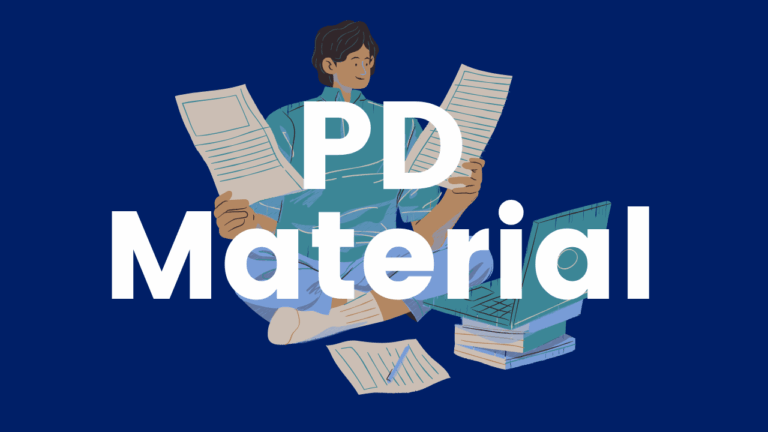Literary Texts Qualitative Analysis Tool
This is a rubric to support educators in analysing a literary text, and planning for instruction. It is organized around the four categories of qualitative complexity: purpose/meaning, language, structure, and knowledge. Within each category, educators will first analyze the complexity level of each category, drawing from the Literary Text Qualitative Rubric, to determine what makes…




